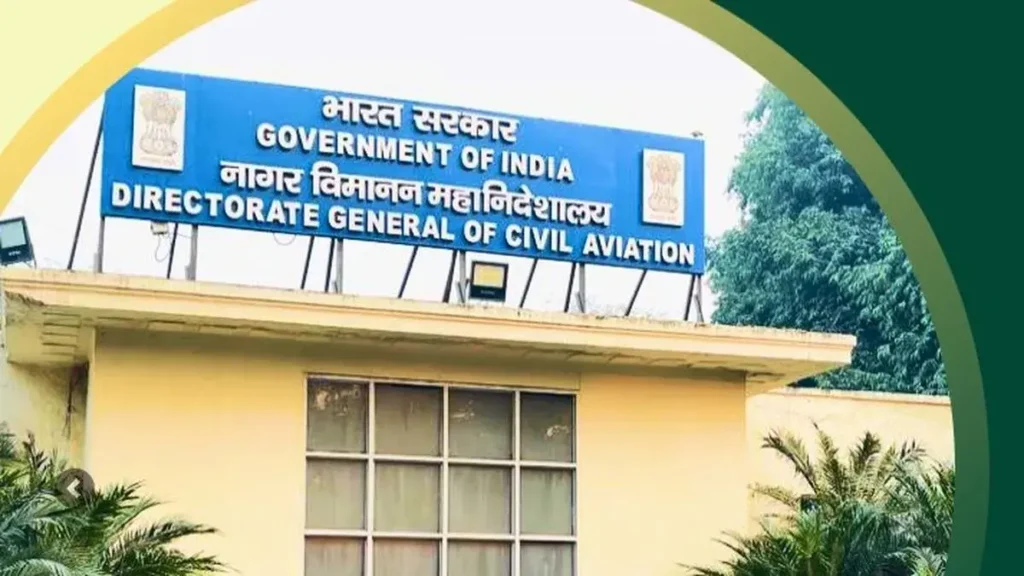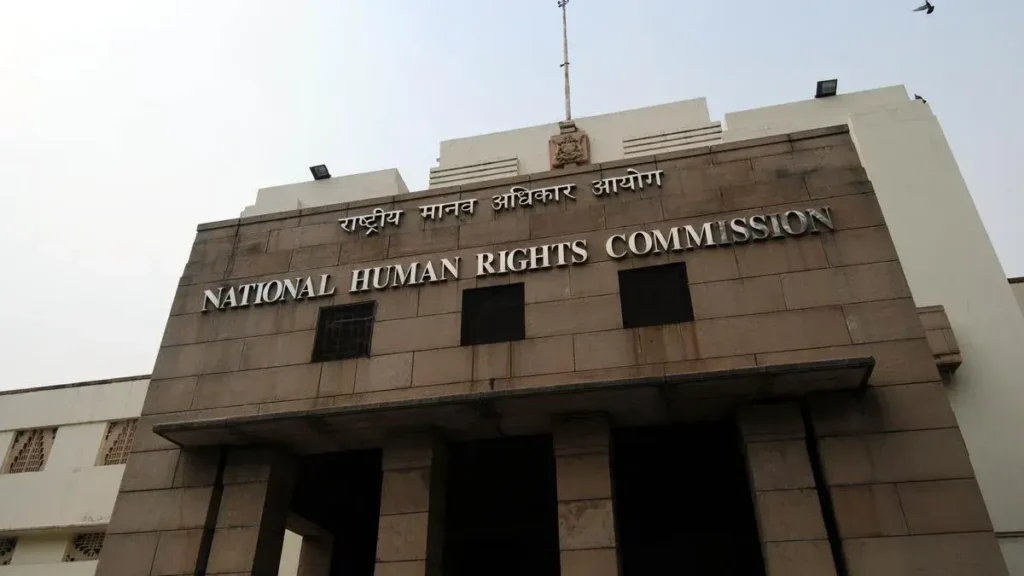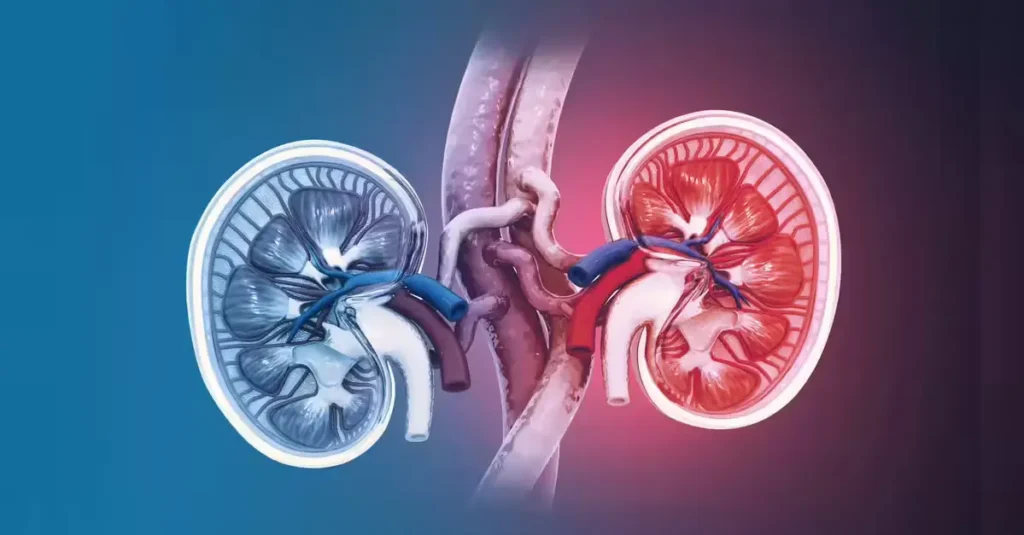Study Links Chronic Fatigue Syndrome to Abnormal Breathing Patterns
A new study has revealed that individuals suffering from chronic fatigue syndrome (CFS) may often experience abnormal breathing patterns, offering fresh insight into potential treatment strategies for managing the condition. Researchers from the Icahn School of Medicine at Mount Sinai in the United States monitored 57 patients diagnosed with CFS during physical activity to better understand the link between fatigue and respiratory function. The findings, published in the journal Frontiers in Medicine, showed that many patients exhibited dysfunctional breathing—ranging from deep sighs during normal breathing to overly rapid or shallow breaths that prevent the lungs from fully expanding. Chronic fatigue syndrome, also known as myalgic encephalomyelitis (ME/CFS), is characterized by extreme tiredness that does not improve with rest, along with cognitive issues such as brain fog and concentration difficulties. The researchers observed that a lack of coordination between the chest and abdominal muscles can further disrupt normal breathing mechanics. Lead author Dr. Donna Mancini explained, “Patients can have dysfunctional breathing without realizing it, and it can occur even when they are at rest. While the symptoms of hyperventilation are well understood, we still need to explore how dysfunctional breathing specifically affects ME/CFS patients.” The study compared the heart rate, blood pressure, and oxygen saturation of the 57 ME/CFS patients with those of 25 healthy participants during cardiopulmonary exercises over two days. Despite taking in similar amounts of oxygen, around 71% of the patients displayed breathing irregularities, including hyperventilation, dysfunctional breathing, or both. The researchers noted that such breathing issues can mimic or worsen symptoms commonly seen in chronic fatigue, including dizziness, breathlessness, chest pain, anxiety, and difficulty focusing. In fact, nine participants were found to experience both hyperventilation and dysfunctional breathing simultaneously. The study also suggests that these respiratory abnormalities might aggravate post-exertional malaise—a hallmark symptom of ME/CFS in which patients’ fatigue and discomfort intensify after physical or mental exertion. Identifying and addressing dysfunctional breathing, the authors said, could open new avenues for therapy and symptom management in chronic fatigue patients. Source: PTI
Study Links Chronic Fatigue Syndrome to Abnormal Breathing Patterns Read More »










